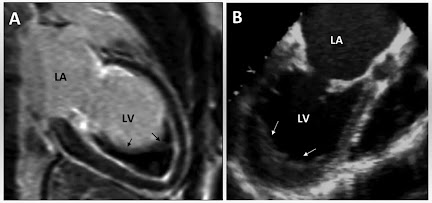Functions of liver
- Liver is the largest gland and one of the vital organ of the body.
- Functional units of liver are hepatocyte.
- It perform many vital functions like metabolic and hemopoietic.
1. Metabolic action -
Carbohydrates, proteins, fates, vitamins, some hormones are metabolized here.
2. Storage function -
Glycogen, amino acids, iron, folic acid, vitamin A, vitamin D, vitamin B12 are stored here.
3. Synthetic function -
A. Glucose by gluconeogenesis
B. Plasma proteins and other proteins except (immunoglobulins) like clotting factors, complements factors and hormone binding protein.
C. Steroids
D. Heparin
4. Secretary functions -
It secret bile which contains bile salts, bile pigments, cholesterol, fatty acids and lecithin.
5. Excretory function -
Liver excretes cholesterol, bile pigments, heavy metals, toxins, bacteria, viruses through bile.
6. Heat production -
Maximum heat is produce here because of many metabolic reactions continue every time.
7. Hemopoietic functions -
a. In fetus (hepatic stage) production of RBCs.
b. Vitamin B12 stored here which is necessary for erythropoiesis.
c. Iron also stored here which is necessary for synthesis of Hb .
d. It produce thrombopoietin which is responsible for thrombocytosis.
8. Hemolytic function -
The senile RBCs destroyed after a life span of 120 days by reticuloendothelial cells ( Kupffer cells) of liver.
9. Inactivation of hormones and drugs -
Liver catabolized the hormones like Growth hormone, Parathromone, Cortisol, Insulin, Glucagon, Estrogen. Liver also inactive drugs like fat soluble drugs are converted into water soluble, which are excreted through bile or urine.
10. Detoxification and defensive function -
Kupffer cells play an important role...
a. Detoxification of foreign bodies.
b. Phagocytosis.
c. Activates the immune system by interleukin & tumor necrosis factors.
d. Detoxification.







No comments:
Post a Comment
Please do not enter any spam link in the comment box